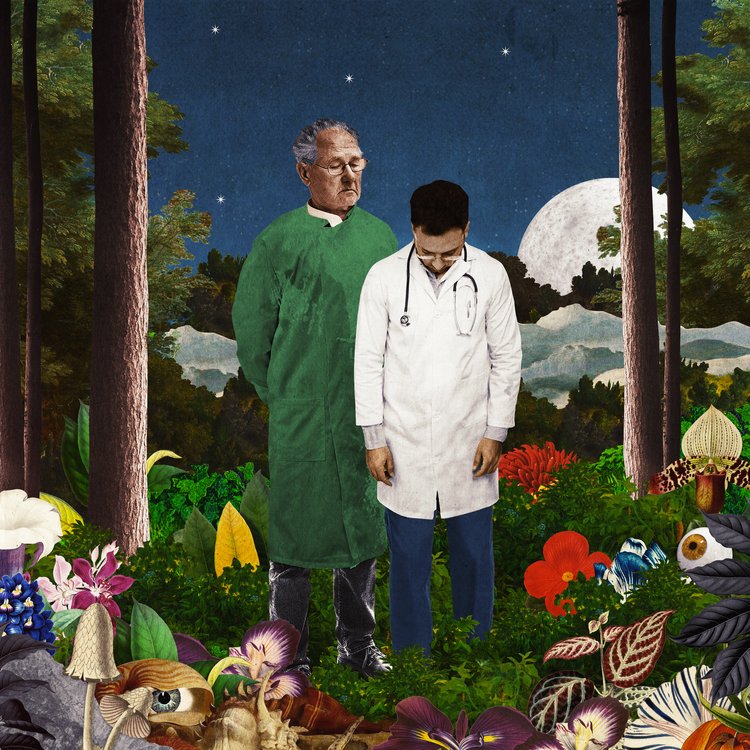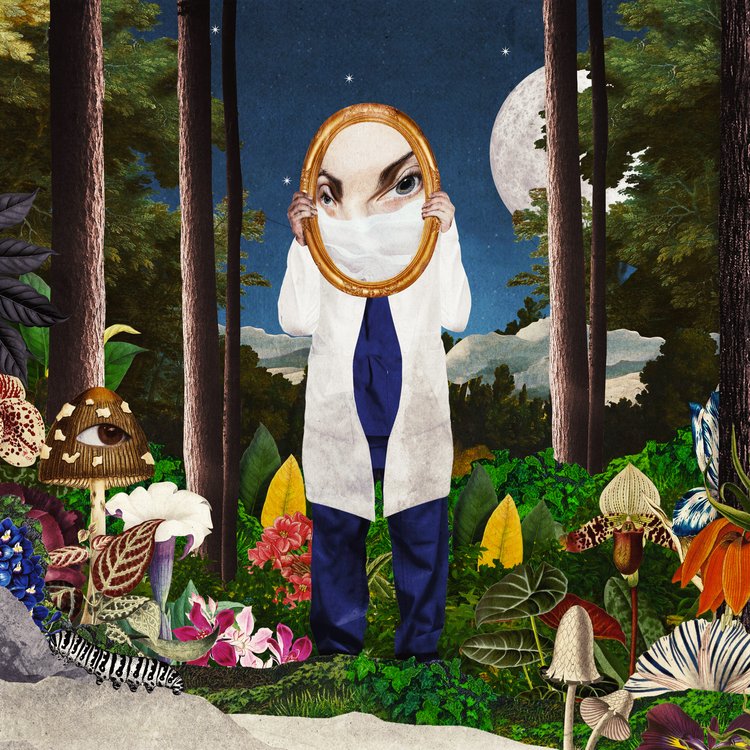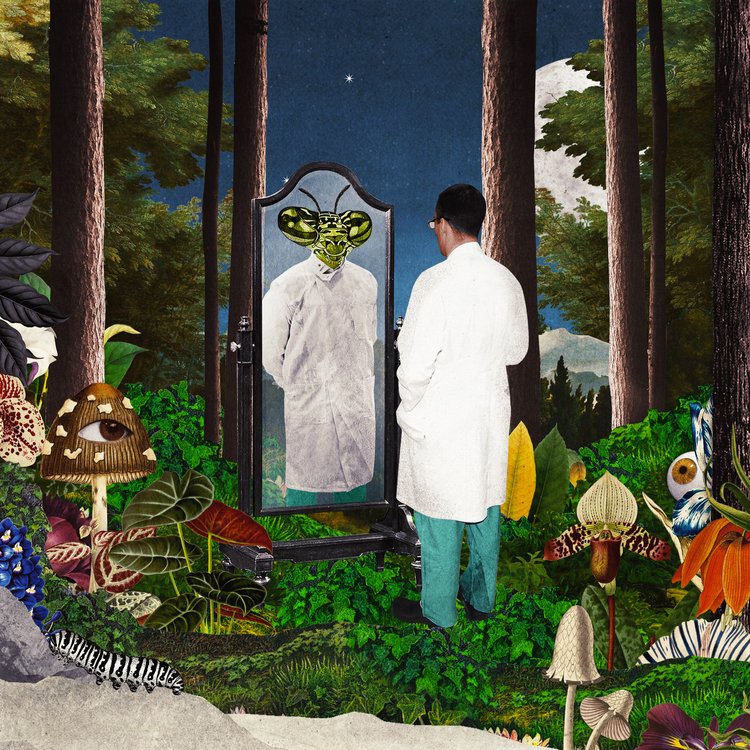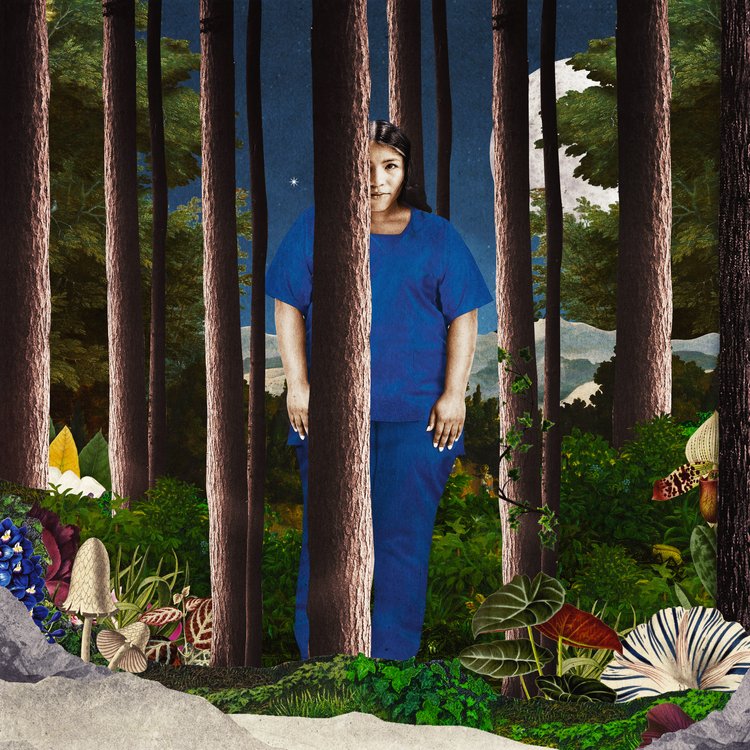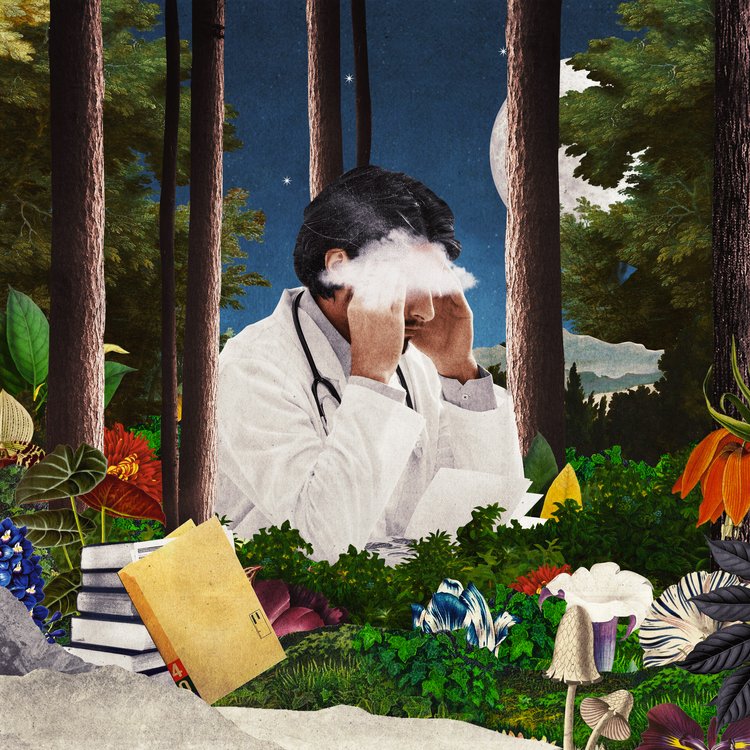Oct 11, 2022
Clinging to Change
"As a medical student just embarking on clinical rotations, I cling to the reassurances that the culture of medicine is changing, that shame will figure less prominently in my training than it has for generations of physicians before me. I take comfort in the growing attention to medical education as a field of research in tandem with initiatives to foster healthier learning environments by identifying and eliminating mistreatment. Yet, stories of humiliation like those told in this episode [Ep. 5 “Indoctrination”] are a reality check; I will grapple with shame to some extent, despite well-intentioned teachers and concerted efforts to increase respect for trainees.
Some of these feelings may be experienced internally, like Emily’s paralyzing uncertainty about how to react to a needlestick while learning a new suturing technique. I have only spent one day in an OR, but I could immediately relate to her description of feeling under an “aggressive gaze,” and “watched like a hawk” by the scrub nurses vigilantly maintaining the sterile field. Imagining this environment dominated by a “swashbuckling” attending and residents routinely mocked by the rough attending themselves, Emily’s determination to not interrupt the case or call attention to herself is understandable. The troubling consequence is that her insistence on minimizing the incident could have caused serious harm to her physical wellbeing.
With feedback as a primary teaching tool of training, harsh statements from superiors are another powerful source of shame for learners. One startling example in this episode is a response of a chief resident to an intern mistakenly discharging a patient without anticoagulant therapy. Upon learning of his error from his chief, the intern felt a gut punch. His confidence was then shattered at the conclusion of the call when the chief stated he could not be trusted to make decisions anymore, words that haunted the intern.
Delivering strongly negative feedback is also unpleasant for the giver. This was demonstrated by a later story told from the opposite perspective of a chief remediating an intern whose performance raised serious concerns for months, after which the chief struggled with his sharpy critical approach. I hope that other leaders similarly reflect on whether their behavior perpetuates “constant self-critique” and question unkind aspects of medical training that have become normalized and rationalized as helping younger trainees learn from trial and error.
The argument that intense emotions can etch lessons firmly into our memory is one of the rationalizations used for the practice of putting learners on the spot, or “pimping.” The medical student who is berated by her attending when she cannot identify an EKG rhythm as atrial fibrillation emphasizes during her retelling how she will never forget the distinctive rhythm. I, too, can clearly recall answers to several questions I have been asked in the hospital that I was not able to answer in the heat of the moment. However, the questions asked of me thus far have been posed in a gentle manner, designed to help me make connections and actively engage in my learning, in stark contrast to the behavior demonstrated by the attending in this story. There are boundaries of questions that will build a student’s knowledge rather than chip away at their fragile confidence. I want to believe that egregious behavior, like that of the overbearing senior resident towards the final narrator during her residency, is an extremely rare occurrence in today’s training settings. I will soon judge for myself how much the culture has truly changed.”
reflection forum
